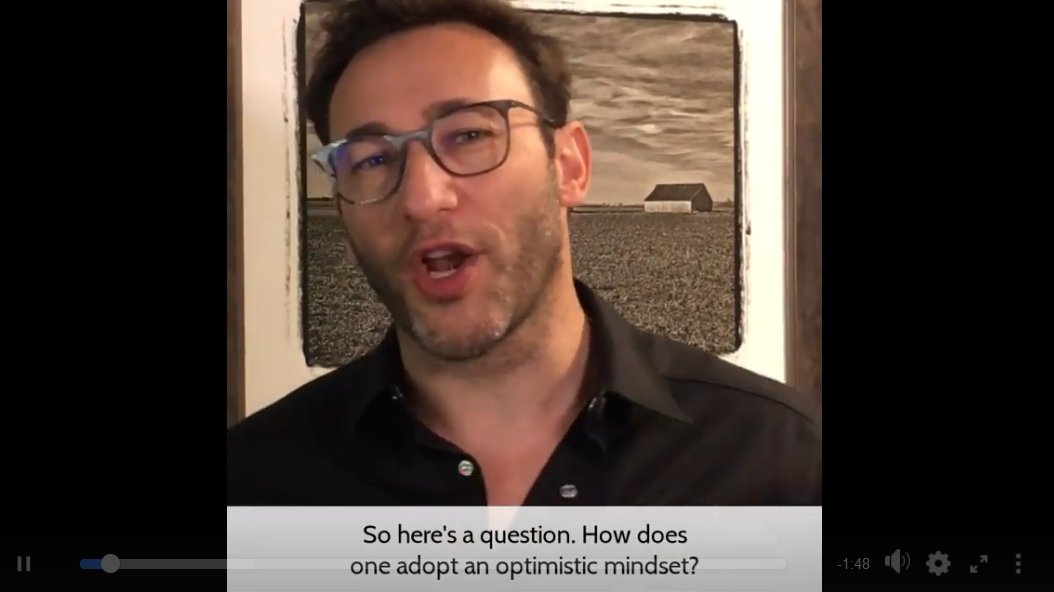Activity: Emotional Intelligence
Activity: Emotional Intelligence
Strategies
To step up your EQ game, you need to be aware of your emotions. “The only way to genuinely understand your emotions is to spend enough time thinking about them to figure out where they came from and why they are there. Emotions always serve a purpose” (Bradbury & Greaves, 2009, p. 25).
Here are a few ways Bradbury and Greaves advise to hone your EQ skills,
- Visit Your Values,
- Get to Know Yourself under Stress,
- Sleep On It,
- Accept That Change is Just around the Corner
In the Determining Direction Unit, you were encouraged to identify values, in the context of career planning. Now, Visit Your Values (Bradbury & Greaves, 2009, p. 86 & 87) as it relates to EQ, and check-in with yourself on how you manage your emotions in various circumstances.
Reflect on a situation when you were faced with change. And suppose one of your values is growth. You can ask yourself, “am I upholding my value for growth, if I’m resisting this change?”
The next strategy is Get to Know Yourself under Stress. Bradbury & Greaves (2009) suggest listening to your body and hearing what it is trying to tell you (p. 94). Also, stress has a way of testing our true colours in the heat of the moment. This can be a time to check-in and notice if you are reacting in an optimistic or pessimistic way. Do you and can you see the light at the end of the tunnel?
Sleep On It (Bradbury & Greaves, 2009, p. 111) provides time to gain some perspective on the situation as well as time and space to regulate your emotions.
Accept That Change is Just around the Corner (Bradbury & Greaves, 2009, p. 133). This strategy is about coming to terms with change as a part of life. If you can anticipate change and think of some ideas to navigate these changes, this can reduce having feelings of being a victim to changes beyond your control.
Here are some strategies specifically for cultivating a positive outlook (optimism),
“Three daily habits we’ve researched and found incredibly effective for building optimism are:
- thinking of three new, specific things you’re grateful for each day;
- emailing a two-minute positive note to someone new every morning to praise or thank them; and
- spending a few minutes each day writing about the most meaningful moment from the past 24 hours.” (Gielan, 2016, p. 3)
Simon Sinek explains some steps to become more optimistic in this video (Simon Sinek, 2019) (1:53)
How can you be more optimistic?- Click to open the video in a new window.
Tip: Click exit book below to go back to the main page, or take this shortcut to move directly to the module summary.
